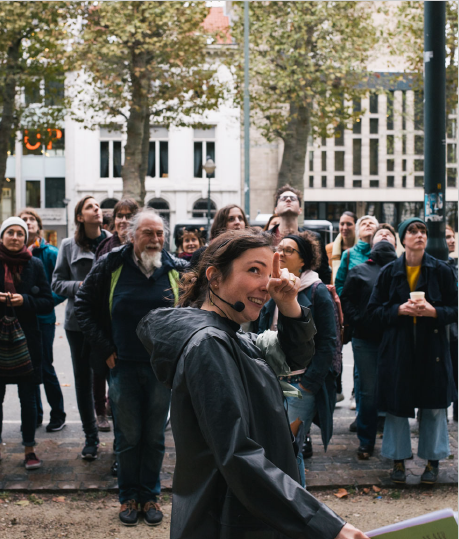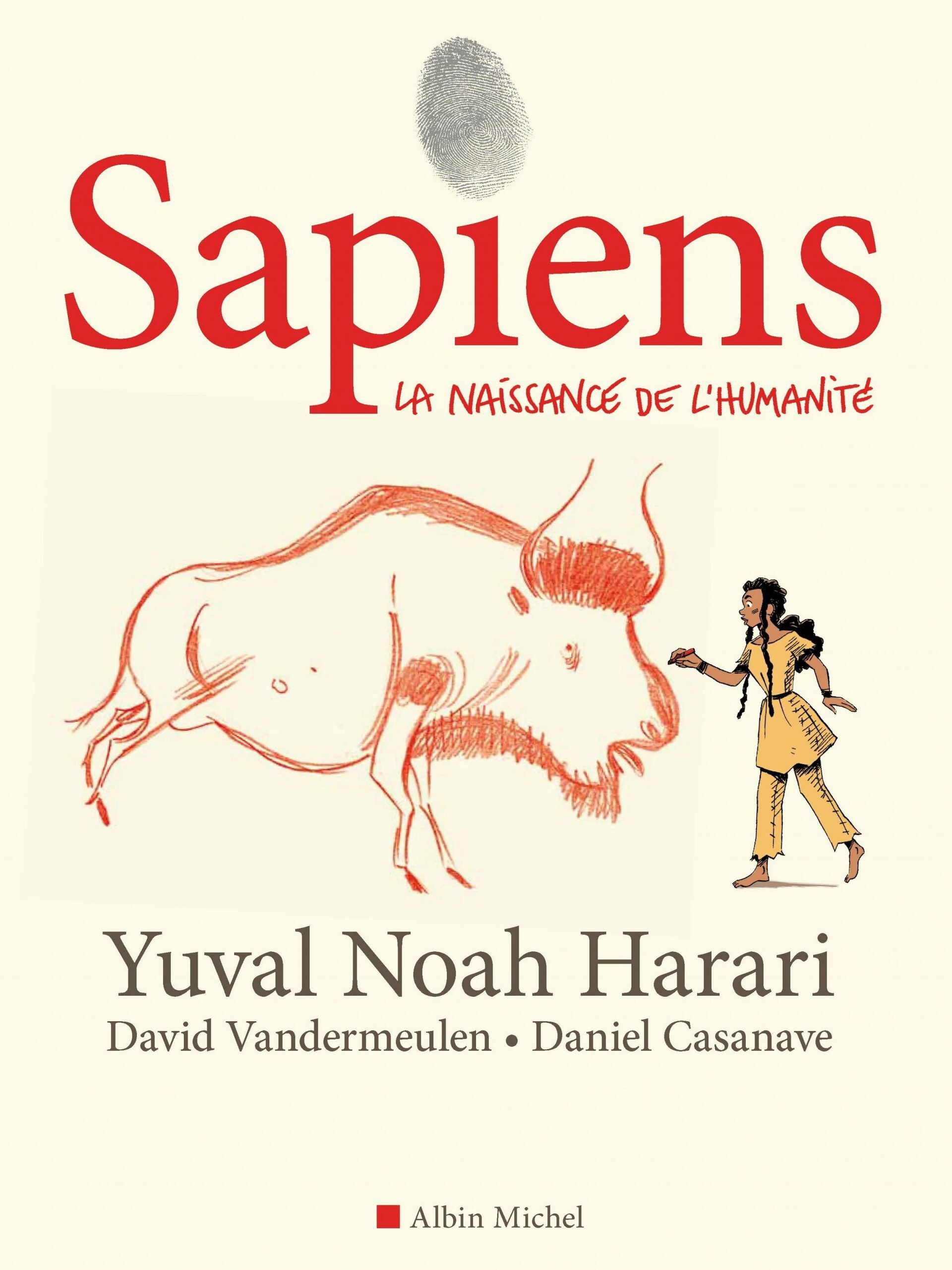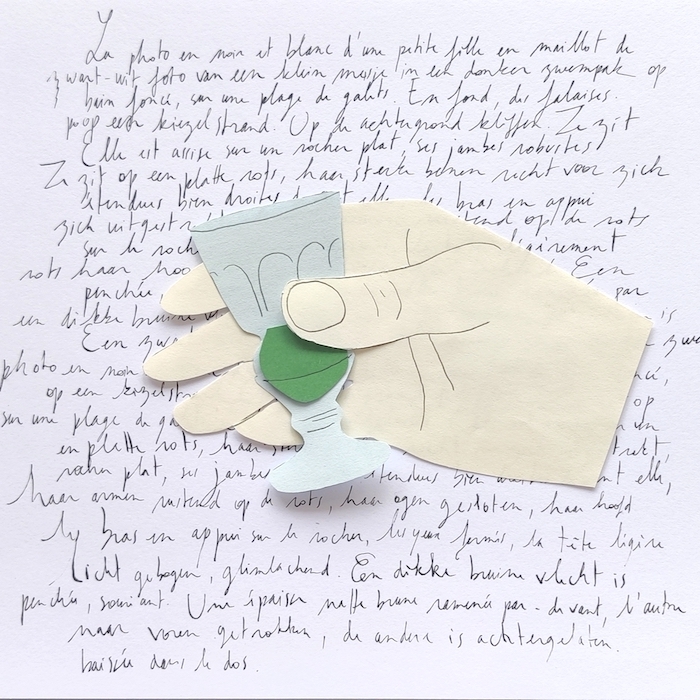Reading the city
2007 was a milestone in the history of humankind: for the first time, more people lived in cities than in the country. Cities are increasingly important for the world’s economy, ecology and health. The British-Canadian journalist Doug Saunders (author of Arrival City), Brussels-Capital Region architect Kristiaan Borret and specialist on Brussels Véronique Lamquin (Le Soir) exchange thoughts on the major challenges for city life in the future, with a special emphasis on Brussels. Moderator is Karel Verhoeven (De Standaard). The American sociologist Richard Sennett will be present via a Skype call.
category
language
Prof. Richard Sennett, author of Building and Dwelling: Ethics for the City, unfortunately has to cancel his presence on stage due to health issues. His ideas and analyses will be discussed and Prof. Sennett will be present via Skype at the start of the discussion.
The city scrutinized
What are the potential success and failure factors of Brussels? What are the strengths and pitfalls of our capital, and how can we raise the quality of life in Brussels structurally? With the knowledge he amassed on a number of global cities, we ask Doug Saunders to take a look at Brussels. Kristiaan Borret, Brussels-Capital Region Architect and Véronique Lamquin, journalist and specialist on Brussels, share their expertise, supplemented with recent statistics, gathered by Brussels Academy.
Arrival City
‘The best book about cities since Jane Jacobs’ The Death and Life of Great American Cities’ was The Guardian’s verdict on Arrival City by Doug Saunders.
With his survey of 20 key places in the world, the British-Canadian author clearly hit a nerve. He delved into the greatest migration movement in history – that from country to city – and came to the conclusion that the future of cities lies in transition areas.
It is in these areas that urban migrants look for something to hold onto, people of the same origin, the same religion and culture. It is from these areas that migrants gradually explore their new city and acquire the necessary knowledge and skills to flourish in it. As a result, transition areas are dynamic and possess a huge economic potential.
brussels
While Doug Saunders knows cities around the world, from Mumbai to San Francisco, Veronique Lamquin, editor of Le Soir's Brussels pages, and Kristiaan Borret, Brussels-Capital Region architect, are at home in Brussels. They share their knowledge with Doug Saunders and confront their views with the work of Richard Sennett. Facts and figures assembled by Brussels Academy will be added to the discussion, so that we don't talk in general terms but specifically about the case of the city of Brussels.
Kristiaan Borret is the Brussels-Capital Region architect since 2015. During his master in urban studies in Barcelona, Prof. Richard Sennett was one of his teachers. Borret has been following Sennett's work and applies several of his ideas in his own practice.
Véronique Lamquin was head of the political department and deputy chief editor of the daily newspaper Le Soir. Now she is the editor of the Brussels pages of the newspaper. In the field, in interviews or in analysis, she knows the ins and outs of the capital like no other.
‘Richard Sennett has written a wonderful book about cities and housing titled Building and Dwelling: Ethics for the City. In fact it is about how we people, over time and across the world, have dreamed up and given shape to our “cohabitation” – with or without success. The master storyteller serves up one concrete example after another to make all fashions, theories and trends in urbanization imaginable and understandable. Urban planning emerges as a story about power, ideas about the place of humankind and about beauty.’
Book signing
Doug Saunders will sign his book at 21:30 at KVS. Copies will be sold on the location.
Passa Porta, KVS
Photo Véronique Lamquin © Pierre-Yves Thienpont
photo doug saunders © greg tjepkema
photo richard sennett © thomas struth
Soon at Passa Porta


